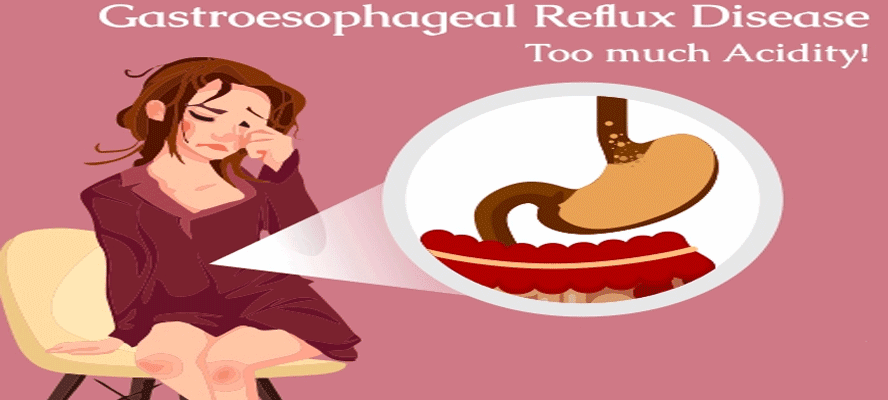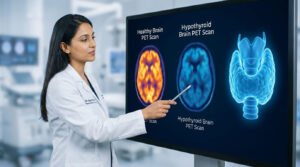What is Gastroesophageal Reflux Disease?
Doctors call it Gastroesophageal Reflux Disease (GERD). Millions of people call it heartburn,
and many others have coughing, hoarseness, wheezing problems without even realizing that
GERD is to blame. By the name, GERD is familiar, bothersome and sometimes serious. A
community based study in southern India stated that out of 6,147 people (3,157 urban, 2,599 male)
, 8.2% had GERD. The prevalence was higher in urban areas (11.1%) as compared to rural areas (5.1%).








